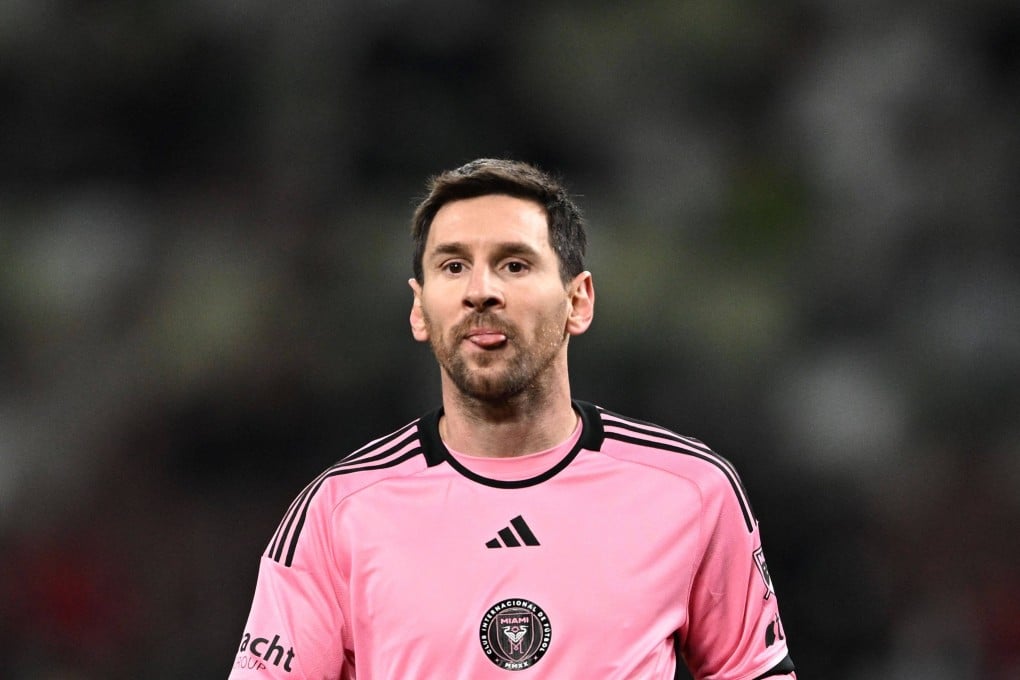My Take | Hong Kong and Inter Miami were playing very different games
- For the city, this was a mega event, a chance to show the world it was back. For Messi and teammates, it was just another preseason match

The final whistle confirming the non-appearance of Lionel Messi in his team’s highly-anticipated match in Hong Kong has long since blown. But extra time will be needed to learn lessons from this mega non-event. Cheers turned to boos when it dawned on the almost 40,000 fans attending that their Argentinian idol would not even be making a cameo appearance.
An extraordinary backlash has followed. Organiser Tatler Asia has withdrawn a HK$16 million claim for government funding, offered fans a 50 per cent refund on their expensive tickets, and suffered a HK$43 million loss.
Meanwhile, fans have vented their anger, targeting Messi and his team. Amid the furore, Argentina’s friendly matches in mainland China, scheduled for next month, have been cancelled.
Now that the dust is settling, there should be time for calm reflection.
It was evident, even before Messi arrived in Hong Kong, there was a chance he would not play. Inter Miami’s punishing preseason schedule included four games in three countries within 10 days. When the star picked up an injury in Saudi Arabia, alarm bells should have been ringing. Fans might have noticed he ducked out of key routines in the open training session in Hong Kong the day before the match.
